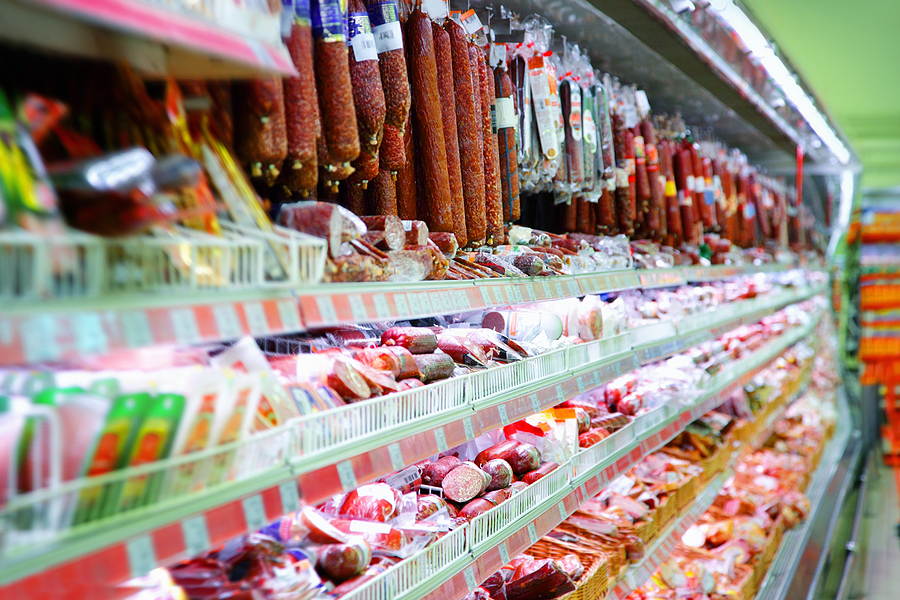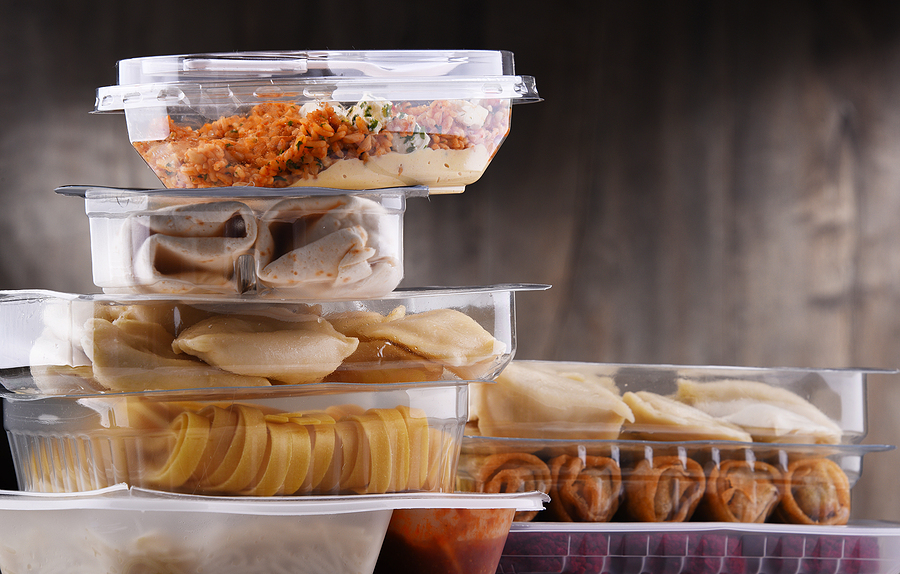Ways to Save at the Supermarket
Americans seem to be spending more for the same quantity of groceries each time they visit the supermarket. According to the U.S. Bureau of Labor Statistics, the price of groceries increased by 1.3% in 2023. While inflation seems to be tapering, the cost of most groceries is still higher than they were a few years ago. Below is a list of ways to save big bucks at the supermarket.
Stick with a List
Creating a grocery list and sticking to it is a tried and true way of ensuring you don’t overspend at the supermarket. Meal planning is an excellent way to determine what you need, which will prevent you from making unnecessary purchases. Another simple way to prevent unnecessary spending is by shopping alone. When shopping with a partner or friend, you’re more likely to purchase items they recommend that aren’t on your list. Shopping during less busy hours is another easy to stick to your list - as you won’t have to fight crowds or empty shelves. When making a trip to the supermarket, never shop on an empty stomach, as you’re more likely to make impulse buys when you’re hungry.

Buy Generic
Purchasing generic products instead of a name-brand can rack up big savings in the long run. Most name-brand products at supermarkets have generic counterparts, from cereal to potato chips to frozen vegetables. That said, some generic products may be hidden out of sight, although they’re likely still on the shelf. Many grocery stores place name-brand items at eye level and generic products on the bottom shelf. One thing some people don’t know about generic products is that many of them are manufactured in the same facilities as name-brand products. They often taste about the same.
Compare Prices
Comparing product prices between supermarkets is an effective way to ensure you’re getting the most bang for your buck. If you tend to shop at the same grocery store time and time again, try shopping at another nearby store. You may find the same products for a lower price. That said, only shop at an alternative supermarket if it's convenient for you. Don’t go too far out of your way in the hopes of potential savings. If you find yourself at a new supermarket and determine that its products are more expensive than where you normally shop, there’s no shame in sticking to what’s comfortable. To save time, you can also scout a supermarket’s weekly ads, although not all of that store’s products will be listed. Some of the most cost-effective supermarkets include Walmart, Trader Joe’s, and Aldi.

Shop on Sale
When at the supermarket, it’s always wise to purchase products on your list that are on sale, especially when the average cost of that product is high. Grocery stores tend to highlight marked-down items, either via weekly ads or physical displays in-store. Even so, you should avoid purchasing an item that’s on sale just for the sake of it being on sale. If the item isn’t on your list, don’t purchase it! Although you may feel like you’re saving money because the price is marked down, if the product is not on your list, you’re actually spending more.
Buy in Bulk
Some products may be cheaper when purchased in bulk. If you tend to purchase a particular product over and over again, consider purchasing it in bulk and freezing what you don’t immediately need. Although the initial cost of a bulk quantity may be higher than its singular counterpart, buying in bulk often saves you money in the long run. While bulk supplies may be difficult to find in typical grocery stores, wholesale stores like Sam’s Club and Costco specialize in selling bulk quantities. It should be noted that most wholesale stores require a paid membership. If you have a large family or purchase most of your groceries in bulk, signing up for a membership is worth the cost.

Join a Loyalty Program
Similarly, signing up for a supermarket loyalty program can help trim your grocery bill. Many grocery stores offer exclusive discounts to loyalty members. Some loyalty programs also send coupons directly to your smartphone, which can automatically deduct expenses from your grocery bill. Another way to save money on groceries is by clipping coupons. Coupons are available to all grocery shoppers - you don’t have to become a loyalty member to access them. Supermarket coupons can often be found through a retailer’s website or on coupons.com. They can also be found in newspapers.
Avoid Pre-Packaged Items
Although pre-packaged foods may be convenient, that convenience comes with a price. Pre-packaged foods tend to be more costly than fresh alternatives that require more preparation. They also tend to be less healthy. When at the supermarket, a good rule of thumb is to stick to the perimeter of the store. Fresh foods and foods that require more preparation tend to be close to the store’s perimeter, while pre-packaged and processed foods are normally found within the store’s center. When purchasing fresh food, like produce, ensure that it’s in season. Produce that is out of season tends to be more expensive.

Use a Grocery Rewards Credit Card
There are numerous credit cards out there that offer rewards and incentives for supermarket purchases. While most provide between 1% and 3% cashback on grocery purchases, some offer as much as 6% cashback. Even so, it should be noted that a number of these credit cards incur annual fees. If you have a grocery rewards credit card, don’t spend more at the supermarket than you can afford for the sake of earning points. This can cause you to fall into debt and can be a waste of food. Treat your grocery rewards credit card as you would a debit card or cash.
Groceries are a major expense within the average person’s budget. With a continued increase in the cost of groceries, finding ways to save is crucial. Next time you visit the supermarket, be sure to consider this list. You might find yourself saving in ways you never thought were imaginable!

Hunter Morrison
About Hunter Morrison
Hunter has freelanced for various print and radio publications across Northwest Florida, including The Bay Beacon, Navarre Press, Inweekly, Crestview News Bulletin, and WUWF. He was also the Editor in Chief of the University of West Florida’s student newspaper, The Voyager. In 2023, Hunter moved to Kenai, Alaska to take up a news reporting position with KDLL Public Radio. For fun, Hunter enjoys cross-country skiing, hiking, photography, thrifting, traveling, and looking for the best Thai food around.